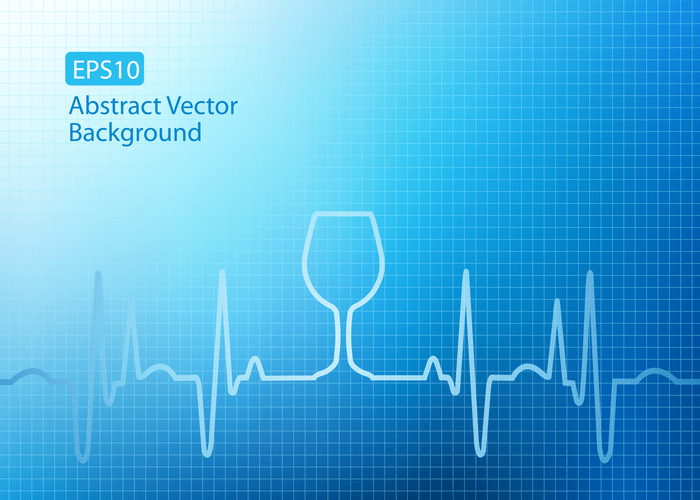For example, withdrawal symptoms are not specified for inhalant use. Many people are consuming significant amounts of alcohol and cannabis daily. This can affect their ability to care for themselves, their families, and their http://www.easilyeducation.ru/eidets-631-1.html communities. • Empowerment—finding the wherewithal to cope with recovery and the challenges of life, which breeds a sense of self-efficacy.

How to Help & Support Your Addict Sister
- By acknowledging differences, offering alternatives, and emphasizing flexibility, the recovery process becomes more accessible, person-centered, and ultimately more effective in promoting lasting positive change.
- The endpoint is voluntary control over use and reintegration into the roles and responsibilities of society.
- Addressing issues specific to different genders, these slogans make the message more relatable and effective for diverse audiences.
This plan may include ongoing therapy, support group participation, and regular check-ins with healthcare professionals. Consistently following this plan provides structure and guidance, helping individuals navigate the challenges that may arise post-treatment. Behavioral therapies help http://shalala.ru/Evanescence/song/269095/ people in drug addiction treatment modify their attitudes and behaviors related to drug use. As a result, patients are able to handle stressful situations and various triggers that might cause another relapse.
- Explore the profound effects of drug use during pregnancy, from fetal impact to long-term consequences.
- If a person uses as much of the drug as they did before quitting, they can easily overdose because their bodies are no longer adapted to their previous level of drug exposure.
- Therapy may be critical to resolving underlying problems that made escape into substance use so appealing in the first place.
- The process often requires reprogramming deeply ingrained thought patterns, and forming new behaviors.
- Treatment should be tailored to address each patient’s drug use patterns and drug-related medical, mental, and social problems.
Social Media Anti-Drug Slogans

Taking action is a very important step in the substance abuse recovery process, and it is one in which it’s important to have support as you make changes. It can feel stressful to change, which is why the support a person receives in drug and alcohol treatment can be so important in continuing the process of addiction recovery. Reducing the risk of relapse in addiction recovery is intricately tied to building a supportive environment that fosters well-being and sustains positive behavioral changes. A robust support system plays a pivotal role in an individual’s journey towards recovery. This support can come from family, friends, support groups, or a combination of these, offering encouragement, understanding, and a sense of belonging. DiClemente and Prochaska devised the Transtheoretical Model (TTM) to comprehensively elucidate the recovery process by delineating six distinct stages.

Support During the Holidays
- „Things that I thought I would never gain again, through the process of recovery I have them all,“ she said.
- Different types of medications may be useful at different stages of treatment to help a patient stop abusing drugs, stay in treatment, and avoid relapse.
- Lived experience suggests that individuals may need tools to manage their health long-term, as well as friendship and support from those with similar lived experiences.
- Some of those patients have been ordered to undergo court-mandated treatment and monitoring.
- By following the tips for creating effective slogans and strategically utilizing them in campaigns, organizations and advocates can amplify their efforts to raise awareness, shape positive attitudes, and foster supportive environments.
Central to the TTM is the concept of motivational interviewing (MI), a clinical tool seamlessly integrating with the Stages of Change Model. http://kosino-uhtomski.ru/index.php?id=939&pid=8 MI proves particularly efficacious within the addiction population. By fostering a non-confrontational and empathetic therapeutic environment, MI aligns with the stages individuals navigate, promoting intrinsic motivation for change.

